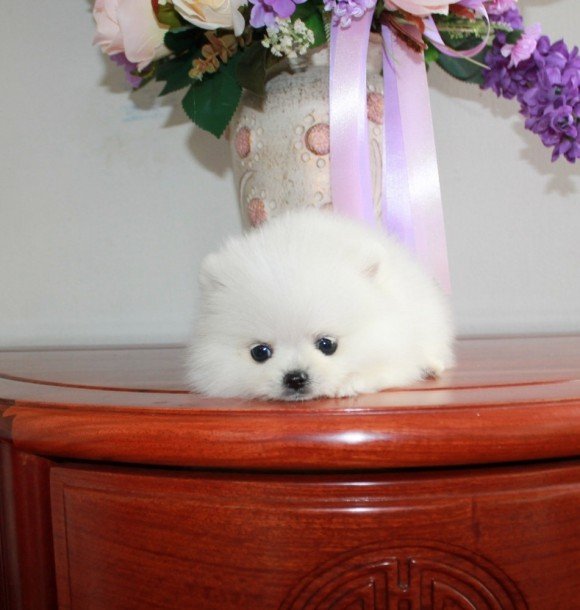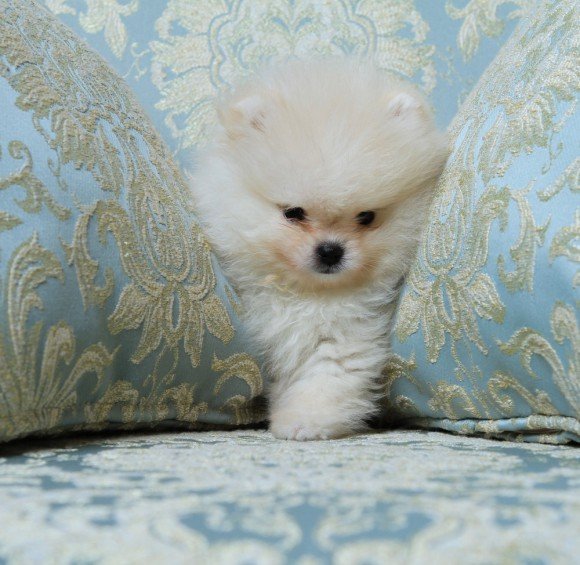A puppy in the house
So… a puppy has been chosen and you’re getting ready to welcome the new member of the family into your home and settle him down next to you… Of course, you’ve already read the articles about what to buy first, and you almost know how to introduce the new inhabitant to the territory and the housemates… You’ve already disinfected your house and removed all the wires and other things that could harm the baby (or the baby could harm you!). )…Now you can and should provide a place for the puppy to settle in and gradually get used to the large space of your home.
I advise you not to let the puppy run around the whole house, because the baby was in a very small space with the dog’s family (mum and siblings). So the vastness of your home thrown at him all at once will be a shock to him. Do this gradually.
Start by restricting puppy’s movements to at least one room, or one room and the kitchen… What you really need to do is show him right away that he’s loved and important. But at the same time, you’re more important. You’re the leader of your little pack, and he’s the little member of the pack family.
So, to set up your new baby’s den, you will need the following from the ‘Foster Parent List’:
1.A place to sit – a sun lounger without a roof and/or a house with a roof (ideally a plastic sun lounger with a removable mattress and a soft, washable house with a roof).
2 Food and water bowls (attachable to a tray or heavy ceramic ones that won’t knock over).
3 Toilet (first a disposable nappy, then a plastic tray with a grate).
4.Toys (dog toys are latex and sewn – different from children’s toys in that they have durable seams and no hard surfaces to chew on – eyes, spouts, etc. which can easily injure the oesophagus).
5. dry food (Asapa for small puppies).
6. Clean, cold water (filtered and boiled).
7) Carrier (A plastic carrier should allow you to take your dog to the vet for vaccinations, outings, visits and more. Also, by placing the plastic carrier next to the dog bed, you will get your baby used to not being afraid and climbing in).












